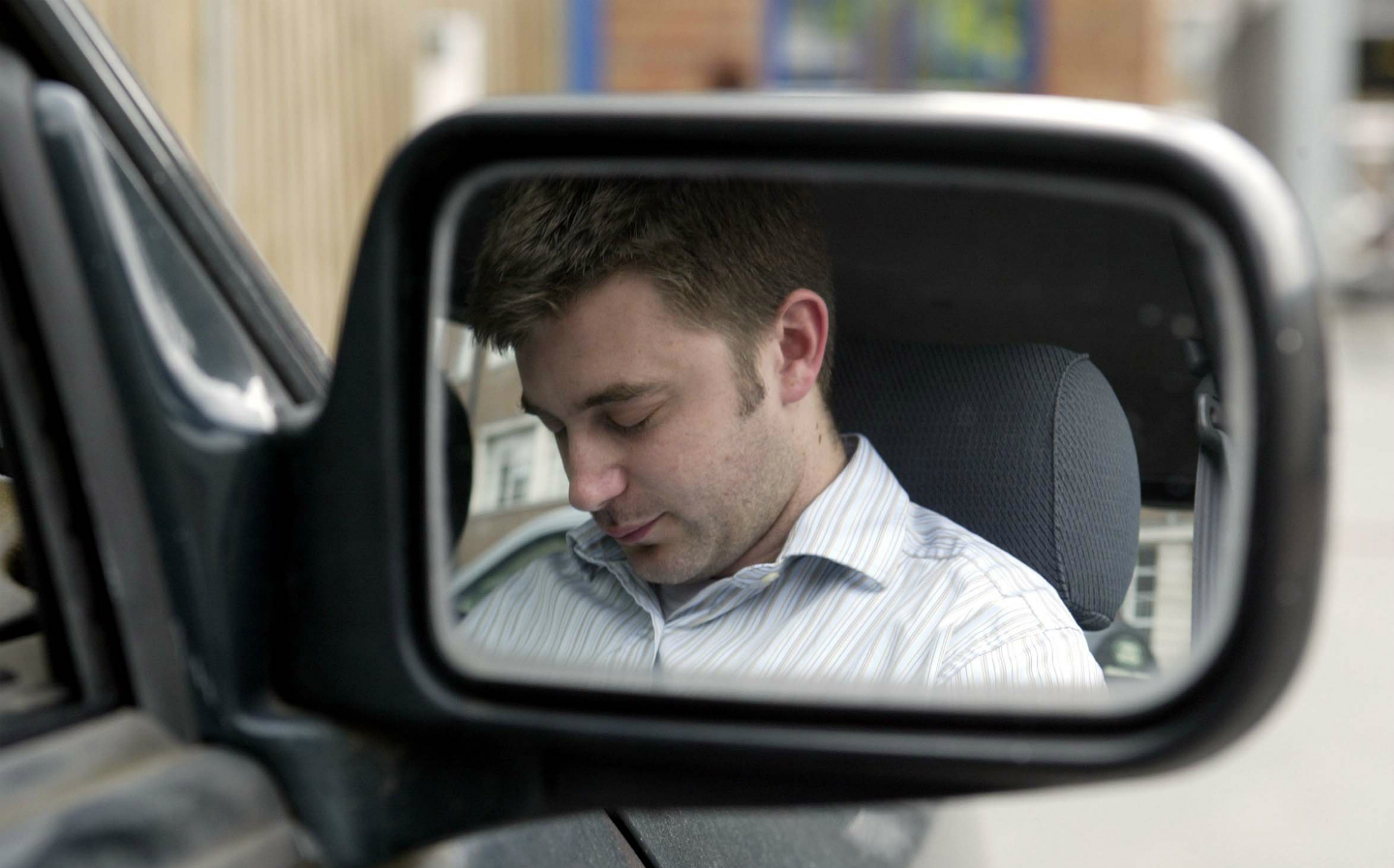Tiredness at wheel is like drink-driving, say researchers
Brain cells switch off while you are awake
THE MOTORWAY signs proclaiming that “Tiredness can kill” are based on the commonsense assumption that drivers could fall asleep at the wheel.
Scientists have now discovered that the actual problem with sleep deprivation is that your brain cells switch off while you are still awake, leading to anything from forgetting your keys to car crashes.
Research suggests that brain cells fail to communicate with each other properly when a person is tired, affecting memory and visual perception.
Browse NEW or USED cars for sale
Scientists scanned the brains of 12 sleep-deprived people and found how tiredness interfered with the ability of neurons to encode information and translate what was seen into conscious thought.
“We discovered that starving the body of sleep also robs neurons of the ability to function properly,” said the report’s senior author, Itzhak Fried, professor of neurosurgery at the David Geffen School of Medicine at UCLA and Tel Aviv University.
“This paves the way for cognitive lapses in how we perceive and react to the world around us. The very act of seeing the pedestrian slows down in the driver’s overtired brain. It takes longer for his brain to register what he’s perceiving.
“Inadequate sleep exerts a similar influence on our brain as drinking too much. Yet no legal or medical standards exist for identifying overtired drivers on the road the same way we target drunk drivers.”
“Regions of the patients’ brains were dozing, causing mental lapses, while the rest of the brain was awake and running as usual”
The researchers asked patients to categorise images as fast as possible and discovered that the task became increasingly more difficult as the subjects became sleepier and their brain cells slowed down. “We were fascinated to observe how sleep deprivation dampened brain cell activity,” said the lead author, Yuval Nir of Tel Aviv University. “Unlike the usual rapid reaction, the neurons responded slowly, fired more weakly and their transmissions dragged on longer than usual.”
As well as cells slowing down, brainwaves also appeared to become less frequent, which suggested that the area of the brain was trying to sleep, the scientists said.
“This phenomenon suggests that select regions of the patients’ brains were dozing, causing mental lapses, while the rest of the brain was awake and running as usual,” Dr Fried said.
Sleep deprivation has been the subject of a number of studies and has already been linked to a higher risk of diabetes, obesity, depression and heart attacks. The Sleep Council estimates that the average Briton sleeps for only six and a half hours a night rather than the recommended eight.
Studies have found that not only do tired people eat more sugar, making them more vulnerable to diabetes, a lack of sleep can lead to insulin resistance where the body finds it more difficult to break down sugar.
Research last year also found that problems in getting to sleep, struggling to stay asleep and waking up tired increased the risk of a heart attack or stroke by 27 per cent, 11 per cent, and 18 per cent respectively.
The NHS also says that people who are well rested have better immunity, are slimmer, mentally healthier, more fertile and have a higher sex drive.
Georgie Keate
This article first appeared in The Times





